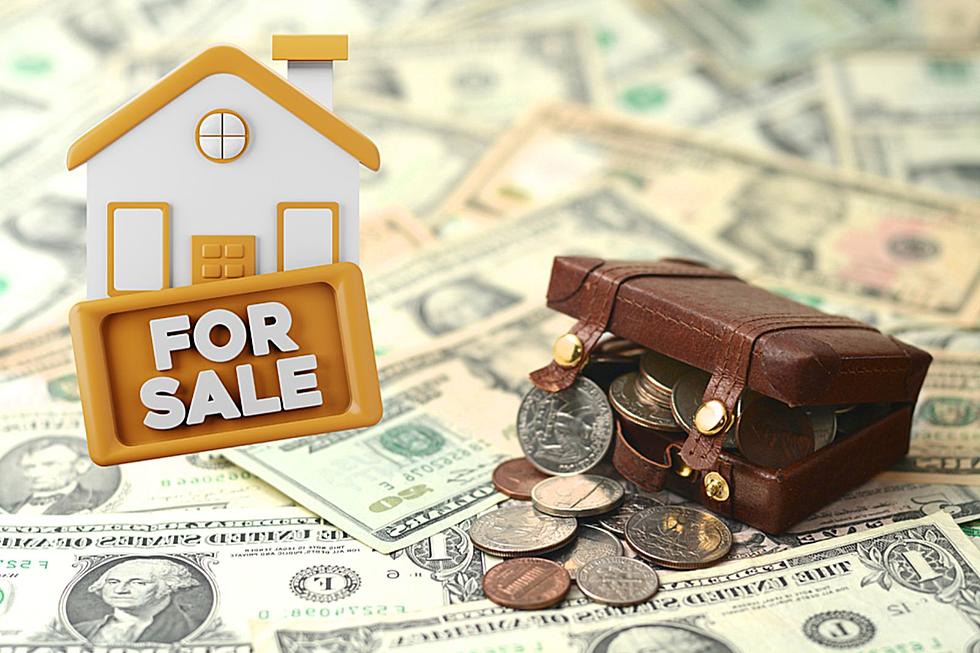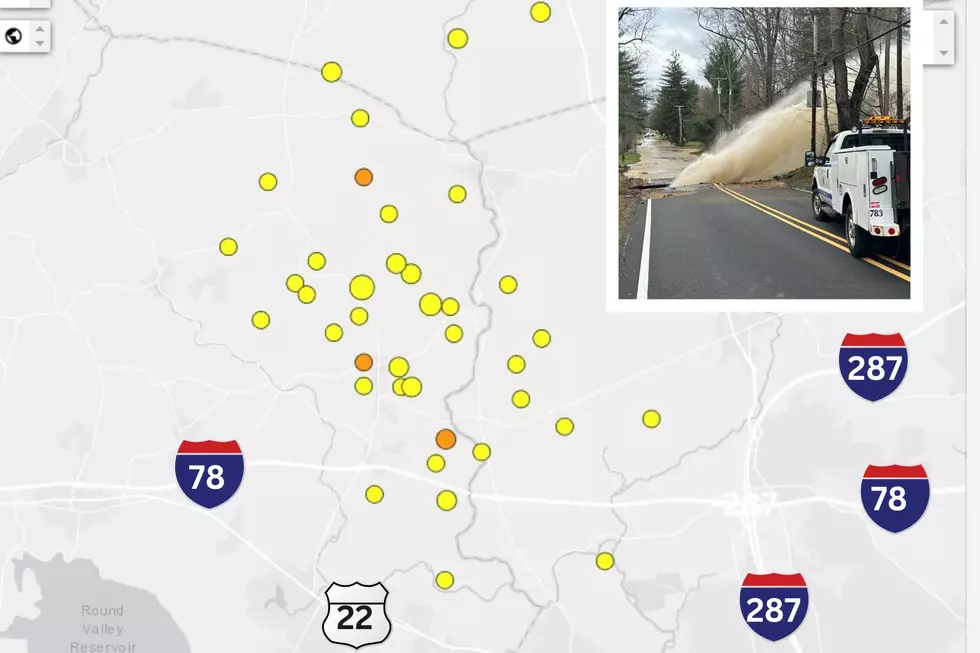
If Trump ends property tax deduction, that could mean ‘real trouble’ for NJ families
As a state with lots of wealthy residents, New Jersey could do well under aspects of the tax reform blueprint outlined Wednesday by President Donald Trump’s economic advisers – lowering the marginal tax rate to 35 percent, repealing the alternative minimum tax, ending a surtax on investment income.
But one aspect of the proposal could prove devastating if approved. Trump seeks to eliminate a federal tax deduction for state and local taxes that’s of particular benefit for New Jersey, with its relatively high income taxes and tops-in-the-nation property taxes.
“Any type of elimination of state and local income tax deductions will have an impact on a state like New Jersey,” said Michael Hayes, an assistant professor of public policy at Rutgers University in Camden.
“People that are used to deducting their property tax and their income tax from their taxable income at the federal government level wouldn’t be able to do that anymore, which would be a potential hit to those households, especially high income households in New Jersey,” Hayes said.
All tax deductions other than mortgage interest and charitable deductions would be ended.
Jon Whiten, vice president of New Jersey Policy Perspective, said eliminating the deductions would result in an average net tax hike of about $3,500 a year for 33 percent of New Jersey taxpayers – though that analysis doesn’t take into account other changes in a still-evolving tax proposal with few concrete details.
“This particular component could cause some real trouble for a lot of New Jersey families,” Whiten said.
Whiten said New Jersey benefits disproportionately from the current deduction.
“This is fair considering how much Garden State taxpayers put into the federal tax system and essentially subsidize public services in less-wealthy states. It kind of works out that way nicely,” Whiten said.
Less than two hours after the plan’s announcement, U.S. Rep. Leonard Lance, a Republican from Clinton Township, said he opposes eliminating the state and local tax deduction.
“New Jersey taxpayers would lose under that plan. I will be a leading voice in negotiations for maintaining that deduction,” said Lance, who said he favors other parts of the tax blueprint.
"I can’t imagine any New Jersey legislators supporting this proposal," said U.S. Rep. Bill Pascrell Jr., a Democrat from Paterson.
U.S. Sen. Robert Menendez said nearly 1.5 million New Jerseyans use the state and local tax deduction and that 80 percent have annual incomes below $200,000.
Hayes expects the tax plan – which also would end the estate tax, slash the corporate tax rate to 15 percent from 35 percent and reduce the income tax brackets from seven to three – would be significantly revamped before it’s approved, due to concerns among members of Congress like those Lance and Pascrell voiced.
“Each state is benefiting from various tax deductions. That’s why they’re there in the first place, because somebody truly wanted those there,” Hayes said. “There are particular constituents in various states that benefit from them. It’s going to be really hard for our elected officials to get rid of them.”
A married couple filing jointly can currently deduct $12,600 from their taxable income. That deduction would apparently double to $25,200, as Trump is proposing to double the standard deduction.
As a candidate, Trump pledged to increase the standard deduction to $30,000.
“That aspect we can get behind. I think it could go a little further,” Whiten said. “That is the one piece that would actually seem to disproportionately help out lower-income folks, so we could get behind that. The problem is it’s coupled with so many other breaks and cuts for the very well-off and for pretty profitable corporations.”
In addition to no longer getting a deduction for state and local taxes, taxpayers who claim the higher standard deduction also couldn’t itemize the deductions that would remain for mortgage interest and charitable contributions.
Around 40 percent of New Jersey taxpayers currently itemize, so Hayes said some middle-class families could be negatively impacted by the proposed change.
More important, potentially, would be the dent the change could make in New Jersey home prices.
“When we put favorable tax treatment for particular activities, like buying a home for example, you’re distorting the housing market by increasing, and potentially artificially, the prices of homes,” Hayes said. “Because people say, ‘Hey, I’m going to get a better tax treatment if I spend my money on buying a home versus maybe putting it into savings or things like that, non-retirement savings.”
Though the mortgage interest deduction remains, the hike in the standard deduction would lessen its appeal to middle-class families.
“Let’s say you’re a 30-year-old who’s potentially going to be buying a home. If your standard deduction rises, there really isn’t that favorable tax treatment to buy a home and get a mortgage because it’s really unlikely that you’re going to be itemizing your deductions to benefit from that tax deduction,” Hayes said. “Especially an upper middle class young couple, they might choose not to buy a home because they’re going to see that there’s not that favorable tax treatment.
“That’s going to have a potential impact on baby-boom generation households that are trying to sell their house in New Jersey, because if suddenly it’s not as favorable to buy a home, it’s going to put a decrease in the demand for housing,” Hayes said. “Which is going to have an impact on people trying to sell their home but also an impact on people who are trying to build homes and people who work in the construction industry.”
New Jersey: Decoded cuts through the cruft and gets to what matters in New Jersey news and politics. Follow on Facebook and Twitter.
Michael Symons is State House bureau chief for New Jersey 101.5 and the editor of New Jersey: Decoded. Follow @NJDecoded on Twitter and Facebook. Contact him at michael.symons@townsquaremedia.com.
More From New Jersey 101.5 FM









